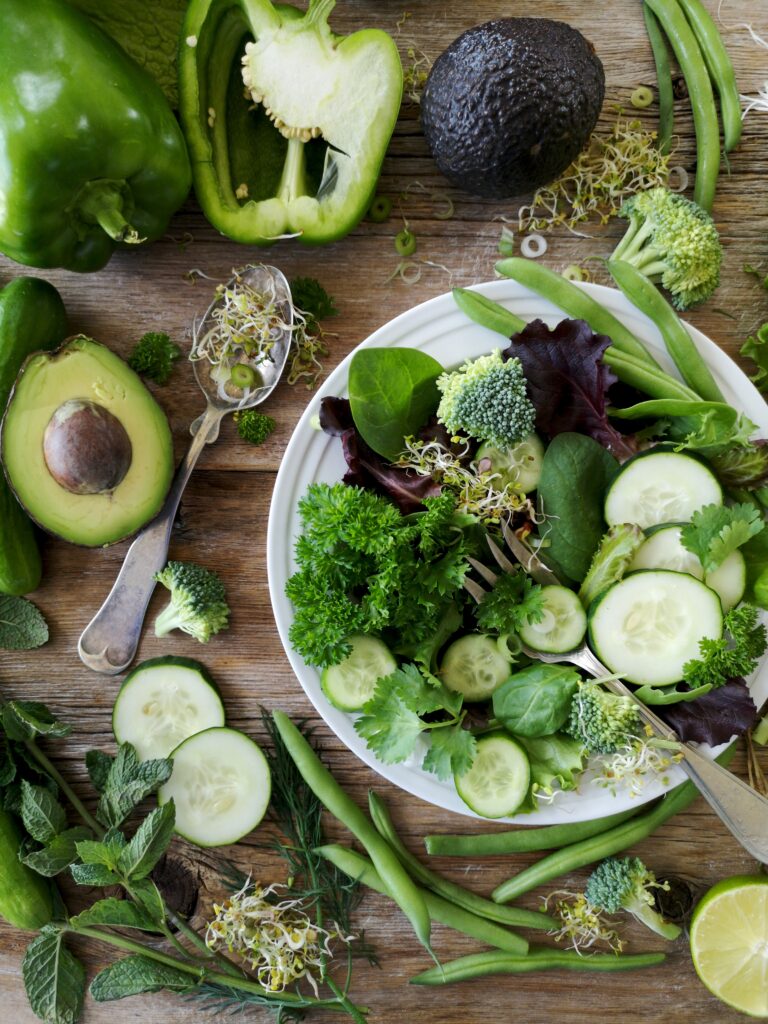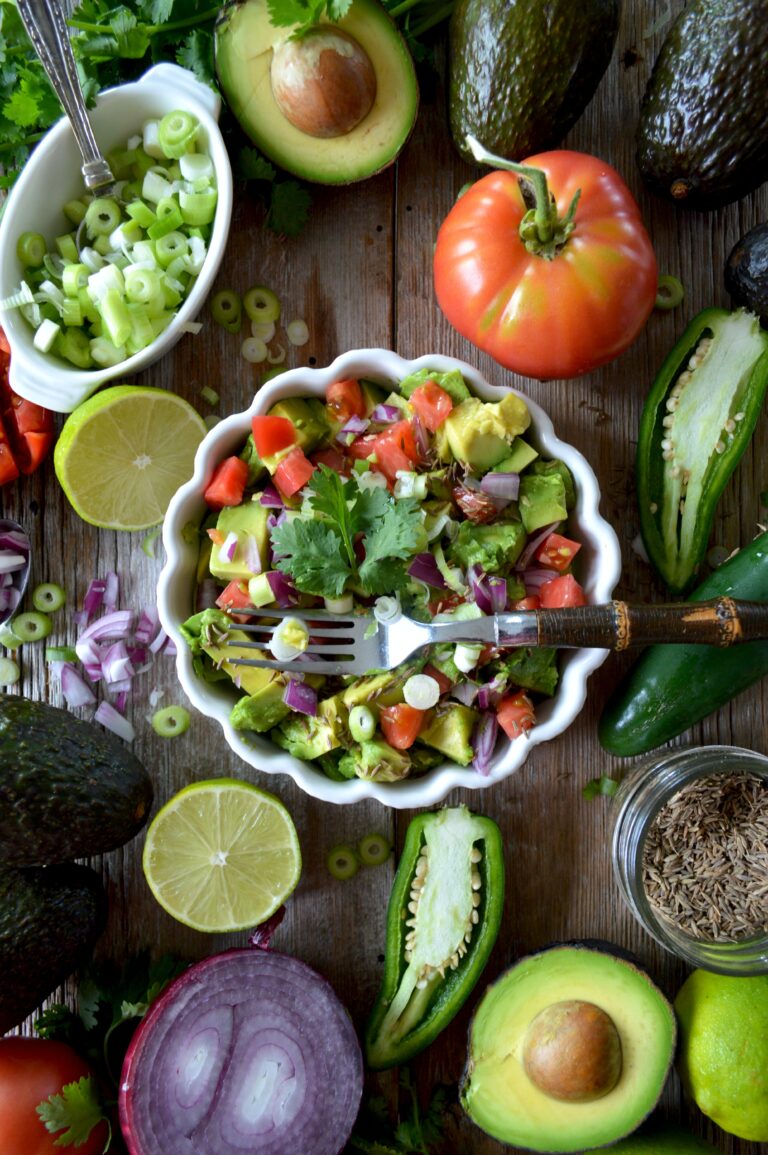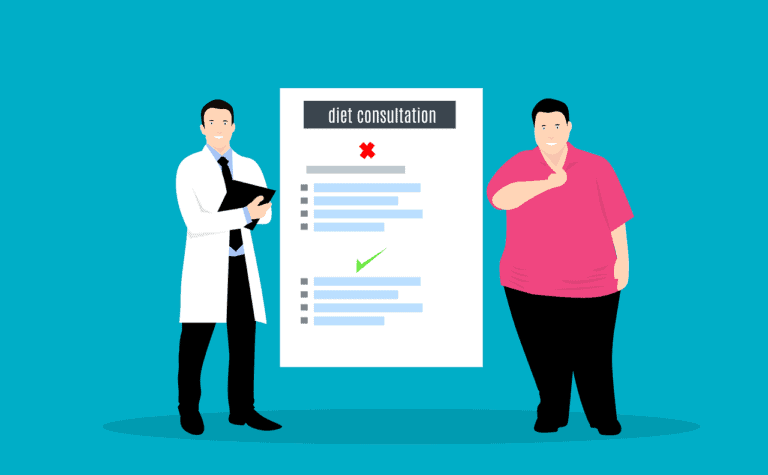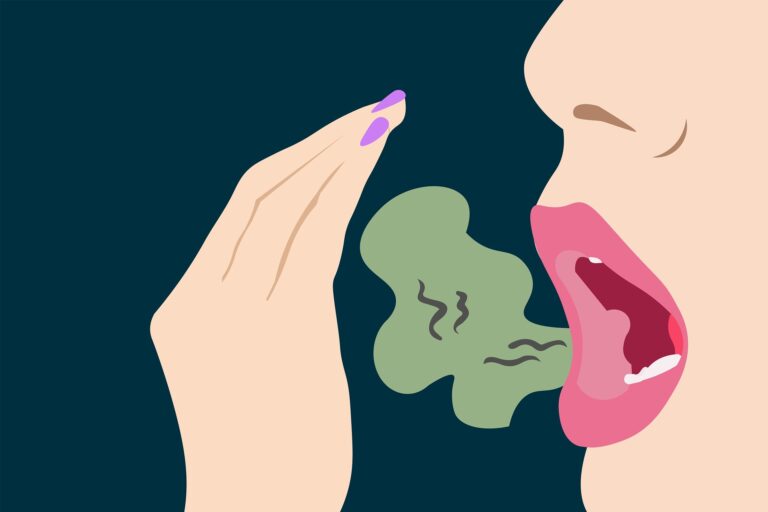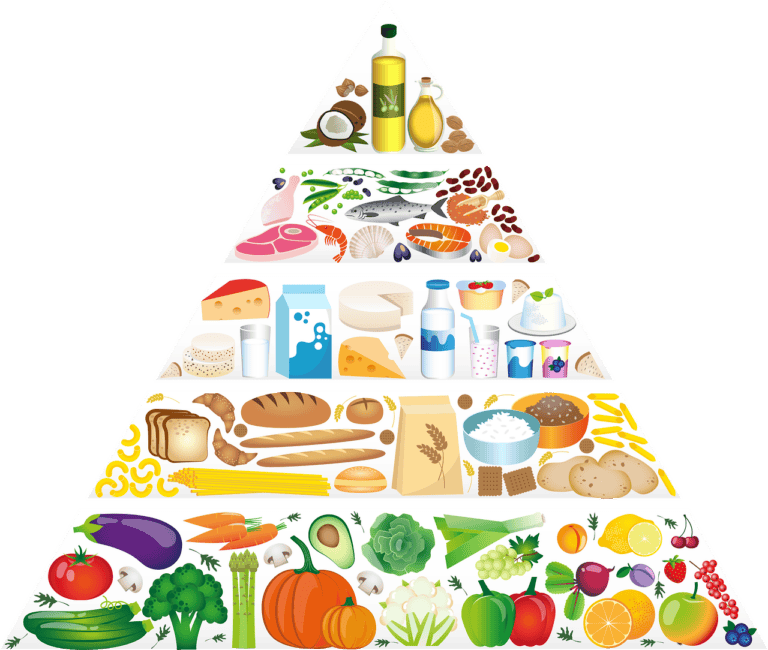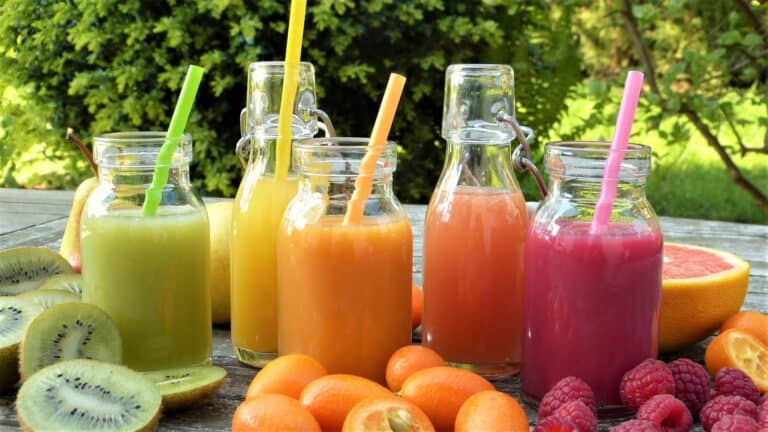There are many reasons people choose to go on a vegetarian diet. For most, it’s all about saving the animals. There are also those who do it for environmental and health reasons.
But now there’s one more reason to go vegetarian. It may be key to weight loss. Read on to find out the answer to the question, do vegetarians weigh less?
Do Vegetarians Weigh Less?
There is evidence that shows that vegetarians usually weigh less then non-vegetarians. While obesity in the U.S. is on the rise, one study shows that it only effects 0% to 6% of vegetarians. Another study shows that vegetarian children tend to have a lower BMI than those who eat animal-based foods.
Vegetarian’s lower body weight may be linked to the high fiber content in plant-based foods. Fiber fills you up, so you snack less throughout the day. This makes plants and other fiber rich foods conducive to weight loss.
What You Eat Still Matters
Of course, people can’t automatically expect to lose weight by eliminating meat from their diets. There are still plenty of fattening vegetarian foods. For example, you can’t fill up on endless cheese and pasta dishes and count on seeing the pounds fall off.
Furthermore, there are several types of vegetarian diets you can follow each with varying results as far as weight loss goals. These include:
- Quasi-vegetarian which includes fish and poultry but not red meat.
- Pescatarian which includes plant and fish.
- Semi-vegetarian which includes occasional meat eating, usually fish or chicken.
- Lacto-ovo-vegetarian which includes eggs, milk, and milk products but no meat or fish.
- Lactovegetarian which includes milk and milk products but no eggs, meat, or fish.
- Vegan which eliminates all meat and animal products including fish, eggs, milk, and milk products.
Obviously, diets that include the lowest calorie foods, such as the vegan diet, will get you the highest rate of weight loss. You will also lose more weight if you exercise and count calories regardless of which diet you are on.
Staying Healthy on a Vegetarian Diet
A vegetarian diet comes with its share of benefits, but nutrition is a concern.
Plant foods have phytochemicals that protect against disease. As a result, vegetarians tend to have a lower rate of heart related disease, diabetes, and other conditions related to obesity.
However, if you don’t eat the right foods, you could be experiencing deficiencies. That’s why it’s important that your vegan diet offers the right balance of:
- Protein
- Vitamin B12
- Vitamin D
- Iron
- Calcium
- Zinc
There are many benefits associated with a vegetarian diet. As a bonus, it may help you lose weight. But that doesn’t mean you don’t have to be careful about the foods you eat. Will you be going vegetarian to reach your fitness goals?

